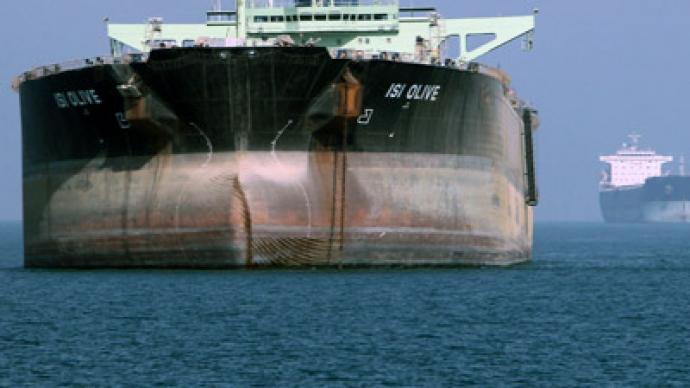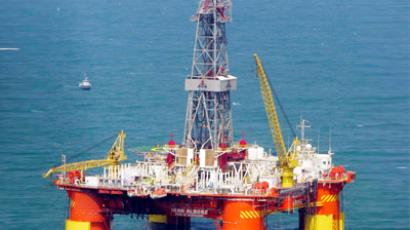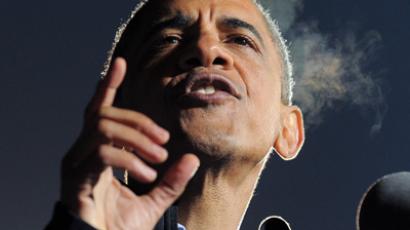Iran responds to EU oil and gas sanctions with… oil and gas sanctions

Iran has slapped a ban on oil and gas exports to the European Union, even though the EU has already forbidden Iranian petrochemicals from entering its territory.
“Despite many requests by EU countries on buying oil and gas from Iran, Iran will not sell any oil and gas to those countries,” Oil Ministry Spokseman Alireza Nikzad Rahbar told the official Mehr news agency.It is not clear what “requests” Nikzad Rahbar was referring to, as the EU stopped importing crude oil in July last year, and gas under the latest round of sanctions that came into force earlier this month.It comes as fresh restrictions are being implemented by the EU, preventing Iranian banks from dealing with Europe, unless for humanitarian purposes. The embargoes are aimed at hindering Tehrans nuclear program, which Brussels believes is aimed at developing a nuclear weapon. Iran’s Central Bank’s assets in the EU have also been frozen and European shipyards cannot construct oil tankers destined for the Islamic Republic.Nikzad Rahbar said Tehran’s counter-sanctions were a direct response to these “hostile decisions”.The exact effectiveness and impact of the sanctions on Iran has been disputed, due to sketchy information coming from Tehran’s officials.The US has estimated that Iran has lost more than $40 billion in revenues as a result of oil import bans gradually imposed over the past year, mostly by Western countries.Earlier this month, Iranian oil minister Rostam Qasemi also confirmed that oil exports had fallen by 40 percent, which tallies with the US estimate.At the same time, Nikzad Rahbar insisted to Mehr that the exports hadn’t been “affected much” and that “Iran has signed new contracts with other world oil companies”.There has also been mounting speculation that Iran is circumventing the EU sanctions by setting up fronts in other countries, particularly neighboring Turkey, and exporting petrochemicals through third parties, though the scope of these transactions is unclear.Officially, Iran’s GDP contracted by 1 percent last year, while its currency lost 80 percent of its value against the dollar.Tehran insists that its nuclear program is entirely peaceful, while the US and the EU say Iran is producing ever-greater quantities of enriched uranium, which is a key component of a functioning nuclear weapon.Latest negotiations between the sides have hinged on Iran accepting a new inspection program from the UN’s nuclear watchdog, the IAEA.After continually failing to even set a date for possible negotiations, the sides are now likely to meet for talks next month.














